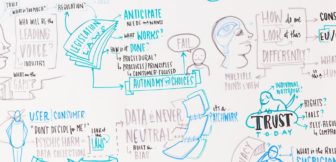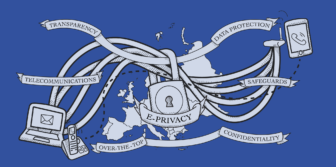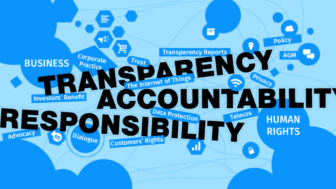Tag: Cambridge Analytica

Why the EU’s new political advertising rules won’t protect the next European elections
The EU recently approved new rules intended to make political advertising more transparent. But will they deliver in time for June’s European elections?

Indian government is going after Big Tech for all the wrong reasons
This year we should have seen a strong, user-focused Data Protection Law enacted in India rather than a broad censorious set of internet control regulations.

Transparency required: is Facebook’s effort to clean up “Operation Carthage” damaging free expression in Tunisia?
“Operation Carthage” has revealed attempts to leverage Facebook to influence elections in Tunisia and countries in Africa, and the company disabled accounts without explanation. We’re demanding answers.

Advancing the conversation on U.S. data privacy: experts weigh in
We convened the Data Privacy Summit to help stakeholders make headway toward a strong, comprehensive, user-centered data privacy framework in the U.S. Here’s what we learned from our panel of experts.

2020 is an important year for digital rights in the U.S. Here’s our agenda.
Here are the opportunities for promoting and protecting digital rights that the U.S. policy team will focus on in the year ahead.

EU states vote on ePrivacy reform: We were promised more privacy. Instead, we are getting a surveillance toolkit.

Revised draft U.N. treaty on business and human rights: a few steps forward, a few unanswered questions
Companies have a huge impact on human rights, and they must be held accountable for abuse of these rights. An updated draft treaty from the United Nations is helpful, but needs to go further.

As elections approach, Tunisia must ensure protection of personal data
Data protection matters for a functioning democracy.

تونس: حماية المعطيات الشخصية في ظل الإنتخابات مسألة تثير القلق

Too little, too late: the FTC Facebook fine highlights the need for strong data protection laws in the U.S.
While it is positive to see authorities around the world taking action to enforce privacy rights, the FTC settlement is insufficient.